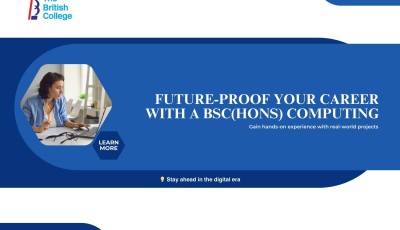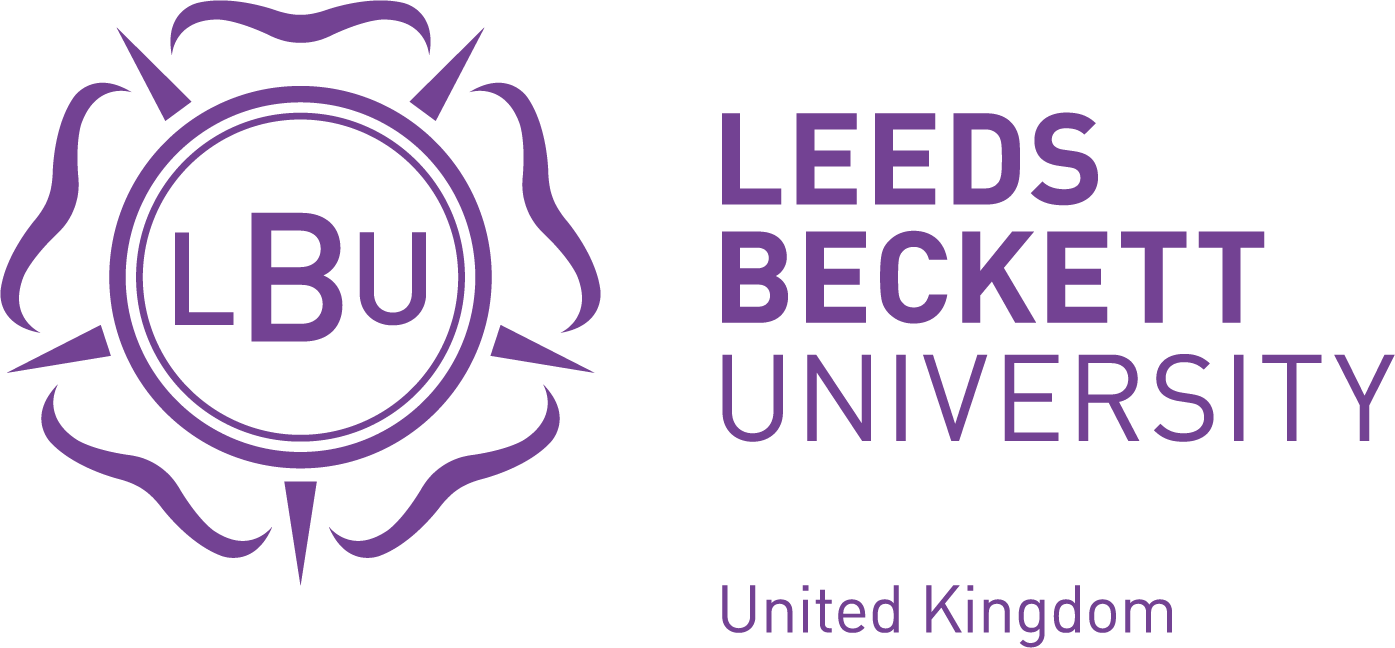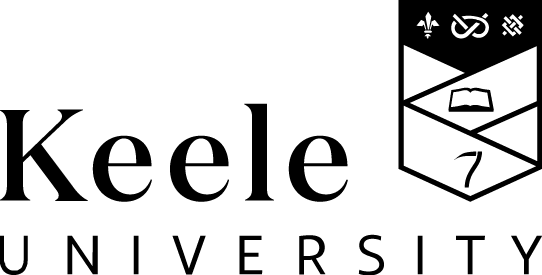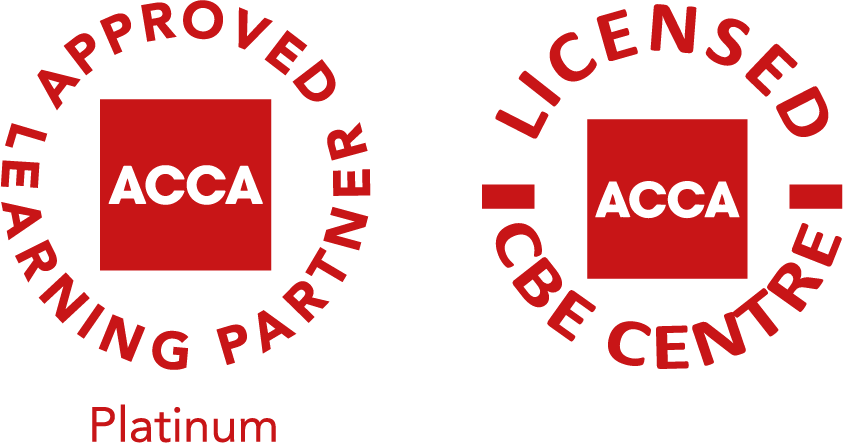Why Should You Choose BSc (Hons) Computing Over BSc CSIT?
.jpg)
I think you’ll agree with me when I say:
“It can be REALLY hard to choose the right course for you higher education, especially if you are planning to pursue a career in Information & Technology industry.”
Well there are several IT courses students can choose to study in Nepal, namely; BSc CSIT, BE, BIT and other IT course offered by different national and international universities in Nepal. However, the subject most of the students choose to study is BSc CSIT or simply CSIT since it is well recognised in Nepal.
But do you think that is the reason why you choose an IT Couse for?
In my opinion you should decide their course or a college for that matter based on what they prepare you for.
So being a student of BSc (Hons) Computing, let me tell you why I choose BSc (Hons) Computing over BSc CSIT.
First of a little introduction to BSc CSIT:
BSc CSIT Stands for Bachelors of Science in Computer Science and Information Technology. Bsc CSIT in Nepal is a four years program of Tribhuvan University. The main aim of B.Sc. CSIT program is :
• To offer intensive knowledge in the theory, design, programming and application of computers.
• To provide necessary knowledge in the field of functional knowledge of hardware system and necessary knowledge of computer software system.
Students of BSc CSIT in Nepal are required to do internship at the final year. The course builds up the skills that are essential for both computer professionals and researchers including IT managers, Systems Analysts, Network Administrator, Computer Programmers, Database Administrator, Web Developers, etc.
Now lets learn about BSc (Hons) Computing which I’d like to call "an Accelerated Alternative to BSc CSIT" and why you should consider studying this course:
1. BSc (Hons) Computing Degree is awarded by Leeds Beckett University, UK.
2. Unlike other IT courses, BSc (Hons) Computing course is designed with a holistic approach to learning; it reaches beyond achieving isolated credits – There is a coherency of course at different levels with balanced diet of assessment.It provides a coherent IT understanding with a balanced assessment diet.
3. We practice problem-based and activity-based teaching, encouraging learning through real life projects and a reflective, discursive problem solving approach which encourages student participation.
4. The course is delivered under the Franchise Framework which means all the teaching materials are provided by the University of West England. The course is identical to that run at UWE and thus the College can comparatively benchmark TBC student’s performance and achievement.
5. The course has been designed to develop the following graduate attributes:
• Enterprise – the students need to ‘own’ their position on the project and be creative in team communication, organisation and problem solving.
• Global outlook – students are required to reflect and evaluate the project in respect to the positioning of the project within the global market.
• Digital awareness – students are required to evaluate and justify the technological decisions made in their project.
6. The course strongly encourages and supports students to undertake an industry related project which prepares them for dealing with the reality of the future workplace.
7. The course has been designed for students aspiring to embark on a computing career with particular emphasis on the following roles: software developers or engineers; web developers; database developers or administrators; and network architects and technicians.
8. On completion of this course students have the opportunity to proceed to a Postgraduate course in a related subject area, anywhere in the world.Holders of a Honours Bachelor's degree will be fully equipped to create their own IT start-up companies.










